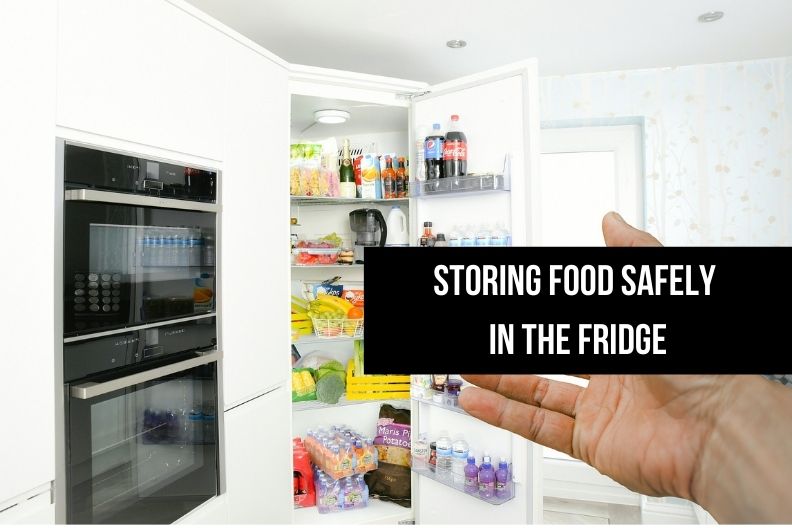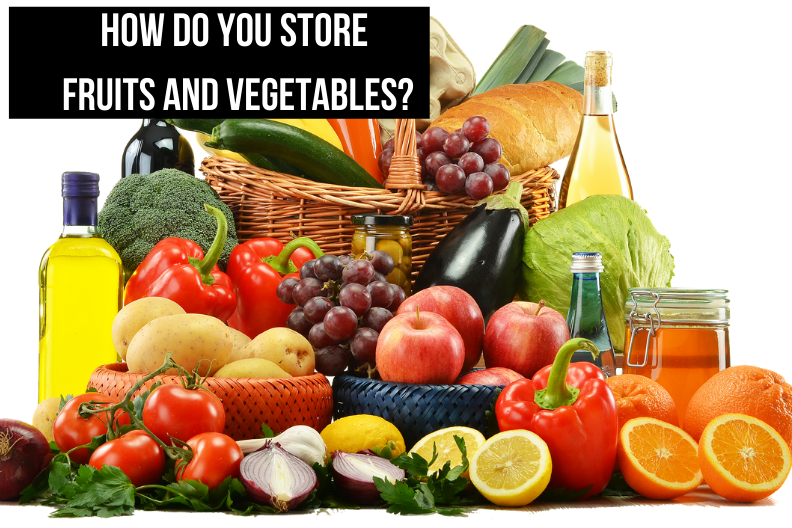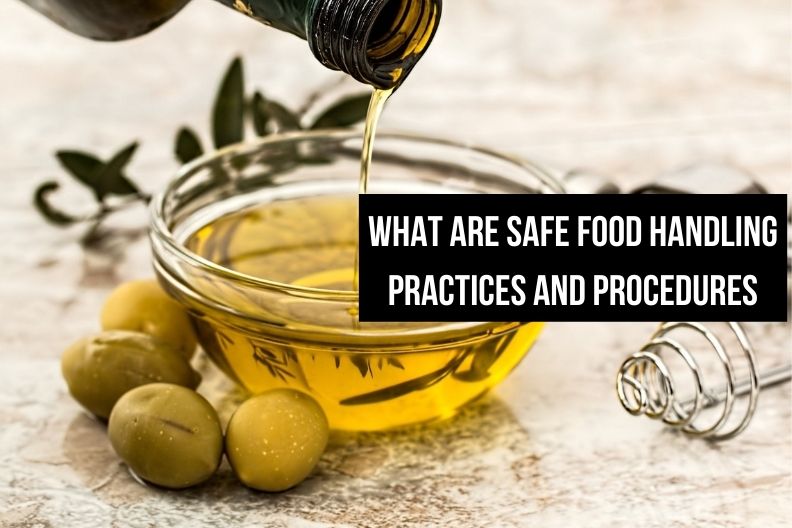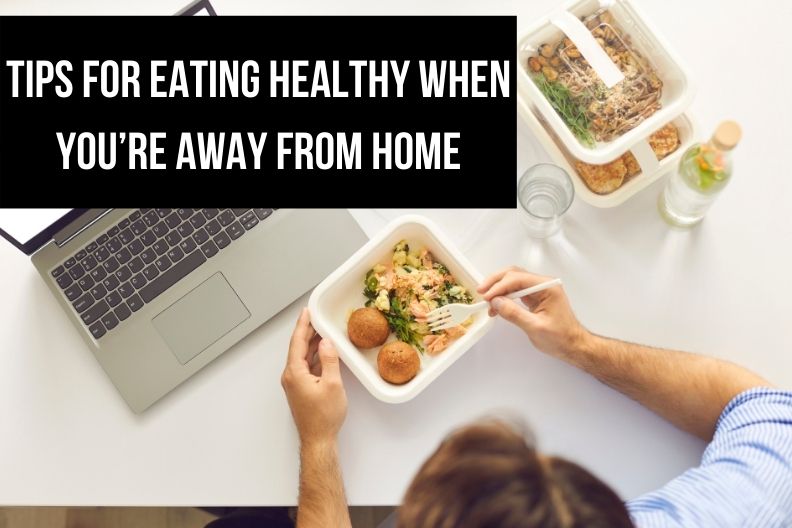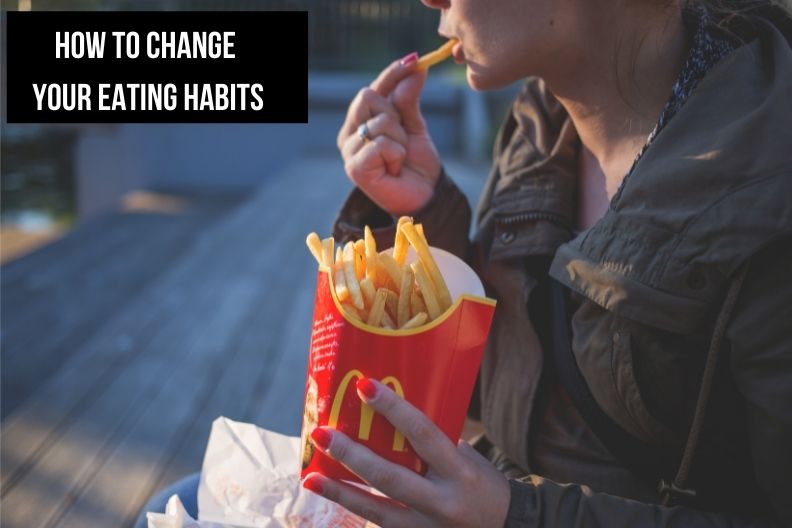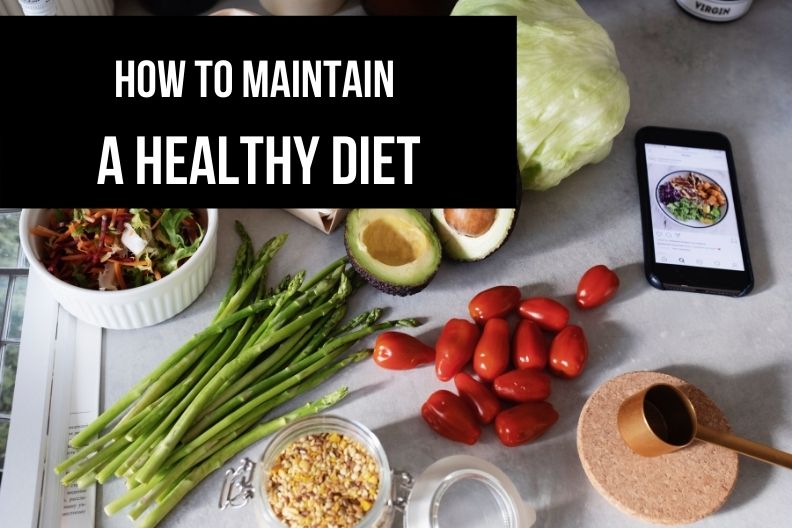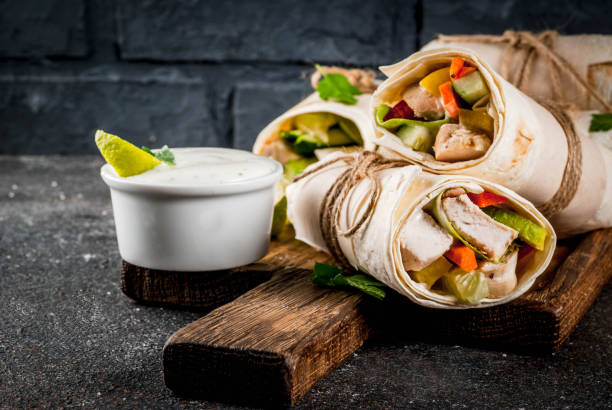Storing Food Safely in the Fridge
If you’ve ever wondered why you should store all of your food in the fridge, then this is the article for you! Learning how to keep it cool, clean, and safe is only the first step! Here are some more tips that will help you stay healthy and to keep your food fresh for longer.
Table of Contents
Pay Attention to Perishable Foods
When you come home from the grocery store, put away your perishable foods first. Set your refrigerator at or below 4 C (40 F) and your freezer at or below -18 C (0 F). These cold temperatures do not kill bacteria. However, they do slow bacterial growth, 20-6. Consider keeping refrigerator/ freezer thermometers in your refrigerator and freezer. This can help you make sure your appliances are maintaining the correct temperatures.
How to Store Eggs in Fridge
Store eggs in the cartons in which you purchased them. These cartons help reduce the evaporation of moisture from the egg through the porous eggshell. Place eggs on an interior shelf of the refrigerator. The refrigerator door is not as cold as the interior.
Store all Foods Wrapped or in Covered Containers
Wrap or cover all foods for refrigerator or freezer storage. This keeps bacteria from settling on foods. It also keeps foods from dripping onto one another. Plastic or glass lids are good covers because they can be reused. However, plastic wrap and aluminum foil make fine food covers, too. They cannot be reused because they cannot easily be sanitized.
Arrange foods in the refrigerator in a manner that allows air to circulate freely around the containers. Put dates on leftovers. This will help you remember how soon you must use the food. Most leftovers can safely stay in the refrigerator for three to four days.
Store Foods Quickly
The sooner foods are chilled, the less chance there will be for bacteria to grow to unsafe numbers. Store foods in shallow containers to promote quick cooling.
What is the Best Way to Store Food in Dry Storage Areas?
Store foods that do not need refrigeration, such as dry beans, pasta, and canned goods, in a cool, dry place. Store foods away from cleaning supplies, which are likely to be toxic. Also avoid storing foods in damp areas, such as under the sink. Dampness encourages bacterial growth. Check to be sure boxes and bottles are tightly closed and plastic bags are completely sealed.
Conclusion
In conclusion, don’t forget that all the food that you have bought was once living, breathing, and growing. Show similar care for it before you eat it! The quality and integrity of your food will be improved tenfold if you do so.

